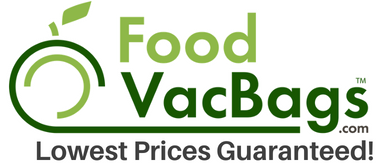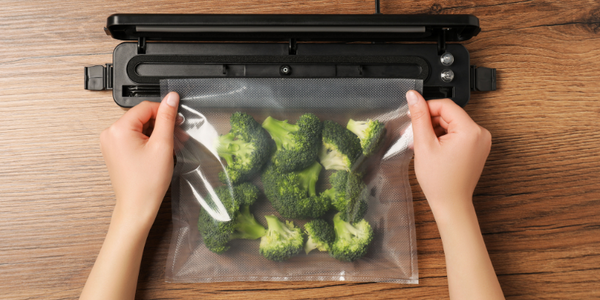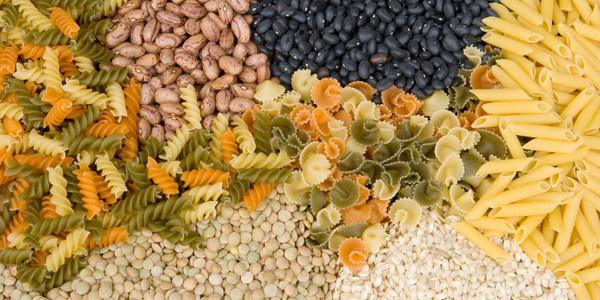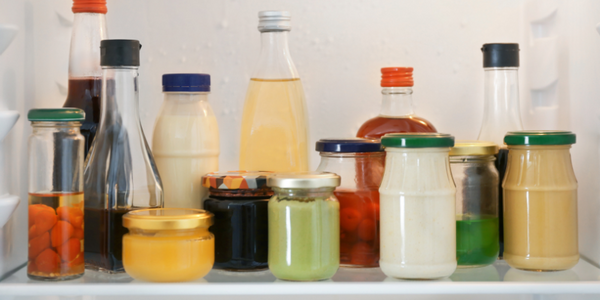Posted on January 27 2023

It all began with the onset of the pandemic early in 2020. Many were either quarantined or were reluctant to leave their homes to go shopping for supplies. When they did make it to the store, they often found empty shelves. Since then, and even after vaccines became readily available and people began to get out and about again, supply chain issues have resulted in more shortages and inflation has dramatically increased prices of fuel, food, and other necessities.
Events like these tend to cause people to think more about how they can be better prepared for the unexpected. Increasing your level of self-sufficiency and preparing for disastrous events isn't that difficult or expensive and help is readily available.
Grow your own
Gardening has many benefits in addition to growing your own food. They include enjoying the outdoors, sharing an activity and learning a new skillset with your family, getting some exercise, and producing fruits and vegetables that taste far better and are higher in nutrients than anything you would buy at the store. Whether you live in an apartment where your garden would consist of containers on a patio or you have a large sunny area available in your yard, you can be a successful gardener even if you've never done it before.
There are many resources freely available to help you get started. Your local county agricultural extension office is a great place to learn the basics. Local independent garden centers are usually staffed with helpful, knowledgeable employees who can answer your questions and let you know what to plant in your region and when to plant it. There are countless resources available online. One of the best places to go for gardening tips is the Old Farmer's Almanac.
Food preservation and storage
Pre-packaged emergency food supply kits are an easy go-to option. You can also inexpensively create your own long-term food storage system. You can preserve the fruits and vegetables you grow in your garden by pickling, canning, vacuum packing, freezing, or drying them. You can even dry and store some meats.
Hot water bath canning is another inexpensive and easy method for storing food. You'll need a deep pot, a few basic tools you can order in a kit, and some canning jars. There's no pressure cooker required. With hot water bath canning, you can preserve acidic vegetables and mixes like tomato-based sauces. You can also make your own pickles and pickled peppers.
Most experienced backyard gardeners don't typically grow crops like beans and peas that are inexpensive to buy and that require a lot of garden space. You can stock up on these dried staples along with some dried pasta, order a supply of desiccant packets, then use your vacuum sealer to package them with desiccant for long-term storage.
More emergency tools and supplies
In addition to food, having an emergency radio, backup phone chargers, a first aid kit, a supply of water, and an emergency response plan can help you and your family make it through a disastrous event.
You'll need at least a gallon of potable (drinkable) water per person per day and keeping at least a three-day supply on hand is recommended. You'll also need water for washing and flushing toilets. If you have a pool or hot tub, you're probably in good shape. If not, you could build an affordable DIY rainwater collection system. As a bonus, excess rainwater could be used in your garden as it contains more nitrogen and none of the chemicals found in tap water. Your plants will like it better.
Emergency radios are very affordable. Some have hand-cranks and solar power systems; thus, you don't have to worry about power sources. These radios will allow you to stay informed by monitoring local news stations and also allow you to get updates from NOAA weather radio channels. Keeping charged backup power supplies and/or solar chargers available for your cell phones is also a good idea. Some emergency radios even come with USB ports you can use to charge your cell phones and other devices.
You'll also need to maintain first aid kits and family emergency preparedness and response plans. Your local emergency management office should be able to provide resources that will help you develop an emergency plan tailored for your area that takes into account the most likely scenarios.
In closing...
Peace of mind comes with knowing that you and your family are prepared for the unexpected and that you have the basic necessities on hand to deal with unforeseen events. Taking steps to become more self-sufficient means that you'll have food, water, tools, plans, and emergency medical supplies available should they be needed. The recommendations herein aren't difficult or expensive to implement. The consequences of being caught unprepared, however, could be significant.





0 comments